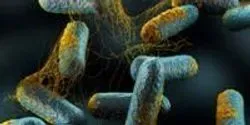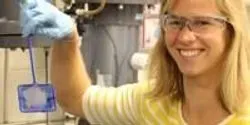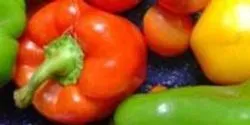Food and Beverage

Thermo Fisher Scientific has developed a high-performance anion-exchange chromatography with pulsed amperometric detection method, based on AOAC Official Method 2011.18, to determine free and bound myo-inositol in infant formula and adult nutritionals.

University of Wisconsin-Madison plant scientists intend to employ some highly sophisticated instruments to evaluate new varieties of organic vegetables: the palates of the people who produce or prepare them for discerning customers.

The presence of Clostridia, a common class of gut bacteria, protects against food allergies, a new study in mice finds.

The University of Cambridge recently announced the 3.5 year PhD studentship to study the fundamentals of heat-stable chocolate.

There is something fishy going on in a vacant house in Detroit's North End, and University of Michigan graduate student Elizabeth "Lizzie" Grobbel takes full responsibility.

Coffee drinkers beware: Surprise ingredients that are neither sweet nor flavorful may be hiding in your coffee, and growing coffee shortages may increase the chance of having these fillers in your cup of joe in the future. The good news is that a highly accurate test is in the works to quickly find coffee containing unwanted fillers before the beverage reaches stores and restaurants.












